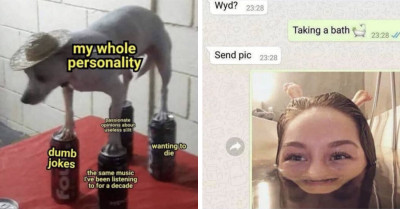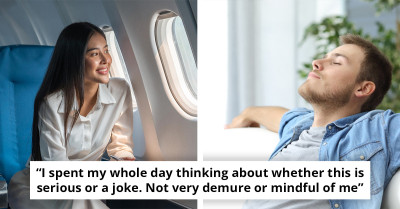
This Thread Makes Some Compelling Points About A Universal Basic Income And Building A Better Society For Us All
Imagine what you could do if you didn't have to worry about your basic needs?

Every now and again, the idea of a Universal Basic Income starts to float around the policy sphere, but for many countries, it never really lands. A Universal Basic Income basically would mean that every adult receives a period payment to their account--no strings attached.
Welfare payments are often means-tested, or dependant on one's inability to work, but a Universal Basic Income is usually set to be above the poverty line. This means that everyone receives a sum of money, with no catch.
Now think about it, what could you do if you didn't have to worry about rent money or eating? Implementing a Universal Basic Income shows us how we can imagine a new, freer, society.
This thread is a great explainer.
Having to work VS wanting to, are very different ideas.
Sidebar but it is also super messed up that healthcare is tied to employment.
Workplaces would likely be better and safer, because no one HAS to be there.
A lot of people do want to work, and they will.
Rich people already DO take advantage.
Lots of us are trapped in low paying unsatisfying jobs because we have no other option.
Boss' are able to get away with so much because they know we have no other choice.
Imagine having a motivation other than desperation...
Imagine what could happen if you didn't feel like you could lose everything in a given moment
Boom!
What kind of horrid "I had to suffer therefore I want others to" logic is that?
For poor people, if you don't work, you don't eat.
Likely we will all feel happier and more fulfilled
There are plenty of ways to incentivise people into the "bad" jobs
Imagine not feeling "stuck"
People who have more freedom in their work are more productive and likely happier, than someone who works a bad job because they have no other choice.
Do you think a Universal Basic Income is a good idea? Share your thoughts in the comments below.
A happier world is possible, we just have to find it!
Rachel







